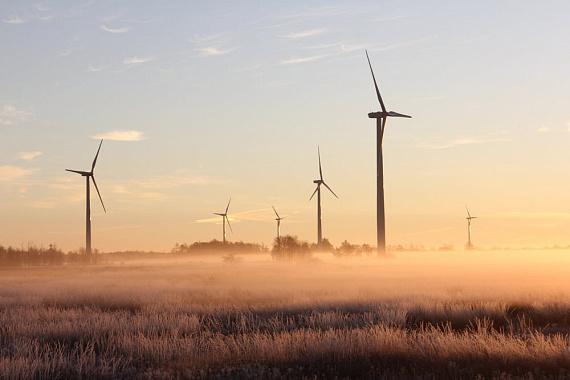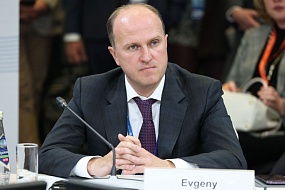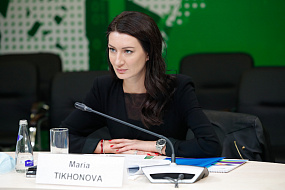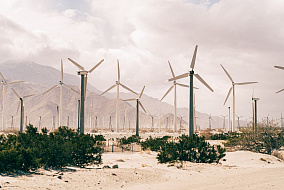Power Industry: Global Challenges and Opportunities

Global challenges and opportunities for the electric power industry will be discussed as part of the business programme of the Russian Energy Week International Forum which will be held on 13–15 October 2021 at the Manege Central Exhibition Hall in Moscow.
In 2016, 196 parties to the United Nations Framework Convention on Climate Change, including the Russian Federation, adopted the Paris Agreement, which aims to provide an incentive for countries around the world to reduce greenhouse gas emissions and thereby cap the increase in global average temperature. Today the world has already started to implement the Agreement in practice. Many countries have pledged to achieve carbon neutrality; in order to achieve that goal, they are rapidly developing the markets for new energy technologies, electric transport, and renewable energy. In 2020 alone, about 280 GW of wind and solar power plants were commissioned around the world. By 2030, the annual commissioning of renewable energy capacities could reach up to 1000 GW.
Russia supports global efforts to reduce greenhouse gas emissions. More than 80% of all electricity in the country is generated at the sources with low specific greenhouse gas emissions, such as hydroelectric power plants, nuclear power plants, and combined-cycle plants, while combined generation of electricity and heat is applied as well. However, the share of solar and wind power generation in the country’s electricity balance is still very low, which opens up the potential for further reducing the carbon intensity of the Russian power industry.
“We take into account the global trends in energy transition when determining the strategic priorities of the country’s environmental and energy policy. Along with solving climate problems, it is necessary to remember that the priority is the uninterrupted supply of affordable energy resources for the economy and the people. It seems fair to say that the country’s energy balance is “green” enough already: a significant share of energy comes from hydro-generation, nuclear and natural gas,” notes Nikolai Shulginov, Minister of Energy of the Russian Federation notes.
During the expert session, the participants will discuss the carbon intensity of the Russian electric power industry in comparison with Europe, the potential for the renewable energy sector in Russia and globally until 2050, the capabilities of hydroelectric power plants to reduce greenhouse gas emissions, and the future prospects of nuclear power energy.
The Russian Energy Week 2021 is organized by the Ministry of Energy of the Russian Federation, the Roscongress Foundation, and the Government of Moscow.





